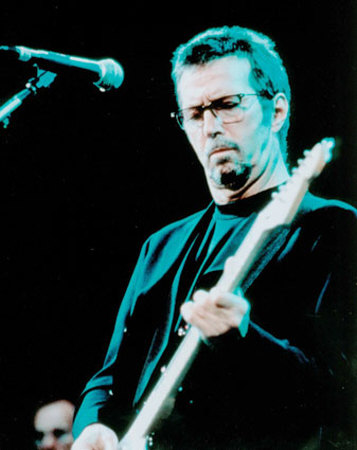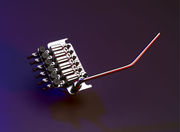Drop D tuning is great, but playing chords requires some adjustment. This article contains several chord charts of chord voicings for drop D tuning.
Getting tuned to drop D is a simple endeavor. The low E string is tuned down one whole step to D. The rest of the strings remain the same. You’ll end up with a tuning that looks like this: D,A,D,G,B,E. This tuning provides a slightly deeper low end and enables you to play power chords with a single finger.
With these chord charts you’ll find various ways to play common drop D tuning chords. There are more voicings for each chord than you’ll probably ever need, but it’s fun trying playing them all! You never know, one of these voicings may spark something creative in you.Read More »Drop D Chords



